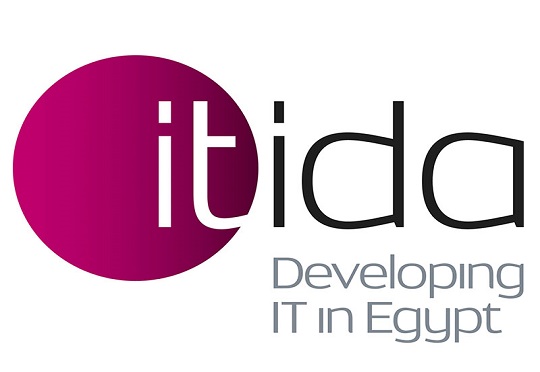TechInAfrica – On the very recent study found by the U.S.-based Business Software Alliance which was released in June, it is said that Egypt’s software piracy rate has a 2% drop. It showed how Egypt was able to lower the commercial value of its unlicensed software that refused prominently from $157 million in 2015 to S64 million in 2017.

The survey took samples from more than 22,500 PC users—either at home or at work—from over 32 countries. It measured the volume as well as the value of unlicensed software. Compared globally, it was Egypt’s second year of piracy rates have fallen. It is even lower than Morocco (64%), the Philippines (64%), Vietnam (74%), and Sri Lanka (77%), which are global outsourcing contenders.
The cyber-crime law was established last July by Egypt’s parliaments supported by 2/3 members. The establishment of the law at least helps to decrease the cyber threats and creates rules that are followed by the local ISPs. It was the first time for Egypt jurisprudence to establish the law that legalizes digital evidence of cyber-crime. The law also aims to reduce or even prevent online violence or hatred, computer crimes such as hacking and fraud, and private or public attacks of information systems as well as networks.
As it is said by Egypt’s IPR Office Manager, Dr. Mohamed Hegazy: “For these past years, the government has been trying to track down the illegal use of software”. He continued, “We currently have been able to create a supportive business environment by modernizing the legal framework and law implementation, fight against piracy and secure property rights.”
Egypt’s Ministry of Communications and Information Technology made an announcement of the Cabinet’s approval on the law. The law specifically is a part of the new EU’s General Data Protection Regulation (GDPR).
The Acting CEO of Egypt’s IT Industry Development Agency, Maha Rasha said that they are working on a well-planned strategy to gain international investors’ interest as well as the growth of the ICT sector. She believed that the country has capabilities to create an ideal hub for global operation as well as business innovations that will reach a success. She added that the new legal reforms will surely generate foreign investments into the sector.
The reforms are strongly believed will gain interest from global firms as well as international data centers while it is not going to be impactful to the improvement of economic and cybersecurity systems.
The country has made a demonstration about the efforts to develop telecommunications infrastructure, create tech parks followed by appealing investment schemes and incentives, and maintain its talent pool through digital training on data science and analysis, IoT, AI, and cybersecurity.
In 2017, the Egyptian IT and IT-enabled services (ITeS) was valued at approximately USD 3.26 billion. It was driven by the expansions and upgraded presence made by the existing multinational companies as well as the foreign investments to the country. This leads to an established reputation of Egypt as a prime location for the investors to establish their IT/ITES worldwide delivery and shared service centers.
Some foreign investors from the technology sector have opted to outsource their IT services and R&D centers in Egypt including DELL EMC, Valeo, Microsoft, Convergys, Teleperformance, Sutherland, IBM, Sykes, and Mentor Graphic. It is followed by Egypt’s government’s priority to attract foreign investments in the IT sector as well as the supportive business environment.
About ITIDA:
The Information Technology Industry Development Agency (ITIDA) (www.ITIDA.gov.eg) is a governmental entity affiliated to Egypt’s Ministry of Communications and Information Technology. ITIDA is a self-sustainable entity that drives the IT industry in Egypt and raises awareness among the Egyptian people of the benefits and use of ICT to advance the socioeconomic welfare of the whole community.


